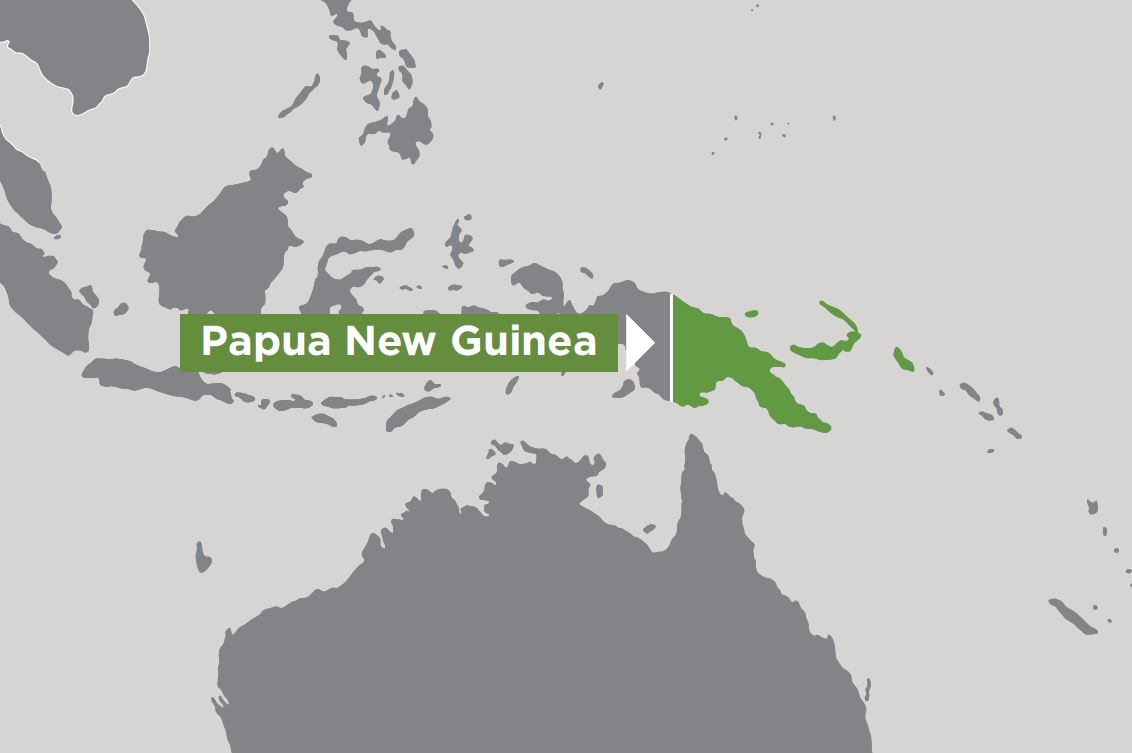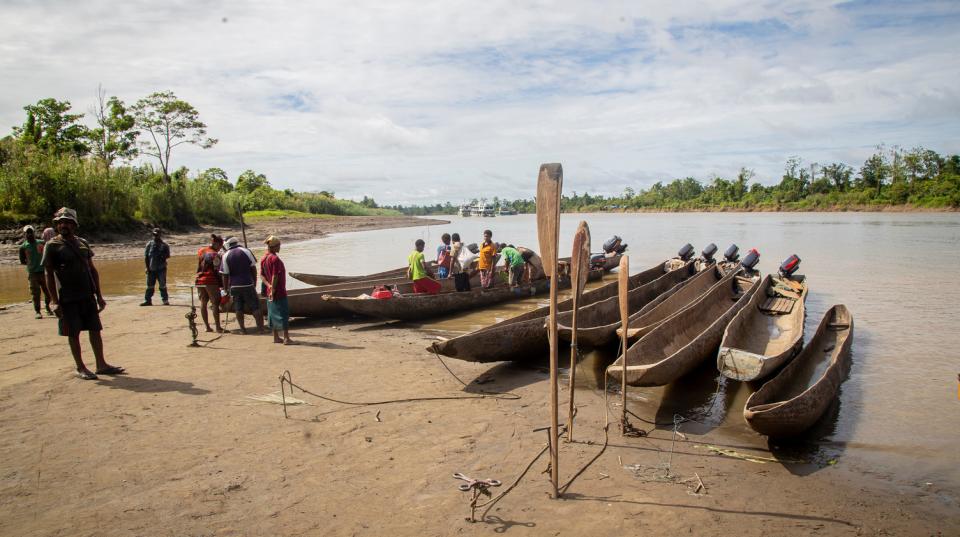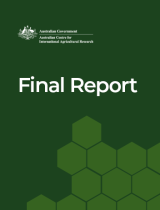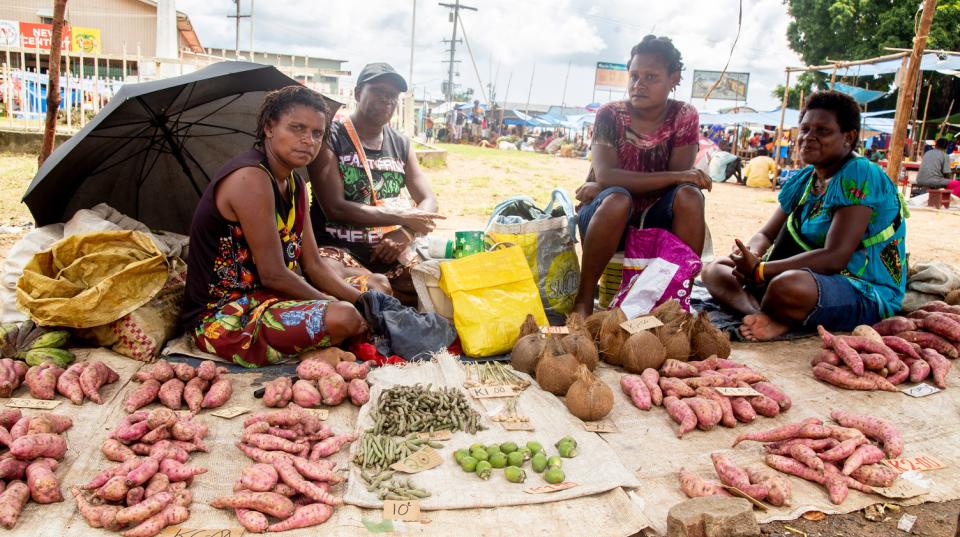Overview
This project aims to map (conceptually and geographically) the place-based strengths and assets of Western Province, thus producing a knowledge base to inform agricultural resilience-building strategies.
This will be achieved by collating and interpreting available data and seeking insights from PNG experts and those with local knowledge. This work will produce maps of economic activity showing its diversity across the province. It will include an assessment of the biophysical resources at a sub-regional scale and the threats to their sustainability (past, current and under future climate change).
This scoping study seeks to draw on the lessons learnt from decades of development work in the Western Province. It takes a place-based approach by recognising the diverse geographic, ecological and socio-cultural contexts across Western Province. It also takes a strengths-based approach by seeking to build a wider understanding of local people’s current economic (largely artisanal) activities and their diverse livelihood assets across broad geographic and cultural contexts.
The research consists of one integrated project broken down into two small research projects (FIS/2021/122 and FIS/2021/113).
Project outcomes
- Reviewing the existing documented social science and ecological knowledge base about Western Province with an in-depth focus on the South Fly District.
- Identifying the conceptual and geographical contributions and gaps in this knowledge base using a strengths-based, place-based and gender-sensitive perspective.
- Gathering insights from key individuals with place-specific knowledge of Western Province (including South Fly District) about local strengths and assets.
- Identifying research priorities for strengthening diverse agricultural livelihoods and building resilience across the different ecological zones of Western Province.
Summary of outcomes to date
2021–22
- Stakeholder Reference Group established to inform the research. The group includes representatives from relevant government authorities in Papua New Guinea, key international aid agencies active in the province, and the Australian High Commission, CSIRO and ACIAR.
- 97 documents compiled, and analysis completed for 46% of these to inform mapping of diverse economies and ecologies of Western Province, identify key strengths and assets of Western Province communities, and reveal the strengths and weaknesses of existing community-based research and development practice.
- A series of maps have been produced as raw materials for further synthesis.
- Expert informant interviews have begun. These interviews asked key informants with intimate knowledge of the province to reflect on the research and development programs they have been involved in, to share stories of failure and success, discuss the reasons for these, and identify the most important assets and strengths for Western Province communities.
- Interim report produced, incorporating a summary of emerging findings to date, and initial recommendations to inform the South Fly and Western Province Resilience Plans. These initial findings will be further tested, extended and revised as the project proceeds.
- Interim findings revealing the rich economic, cultural and ecological diversity of Western Province. In this complex province of Papua New Guinea, a range of development and research activities have sought to improve agricultural livelihoods, with varying success.






